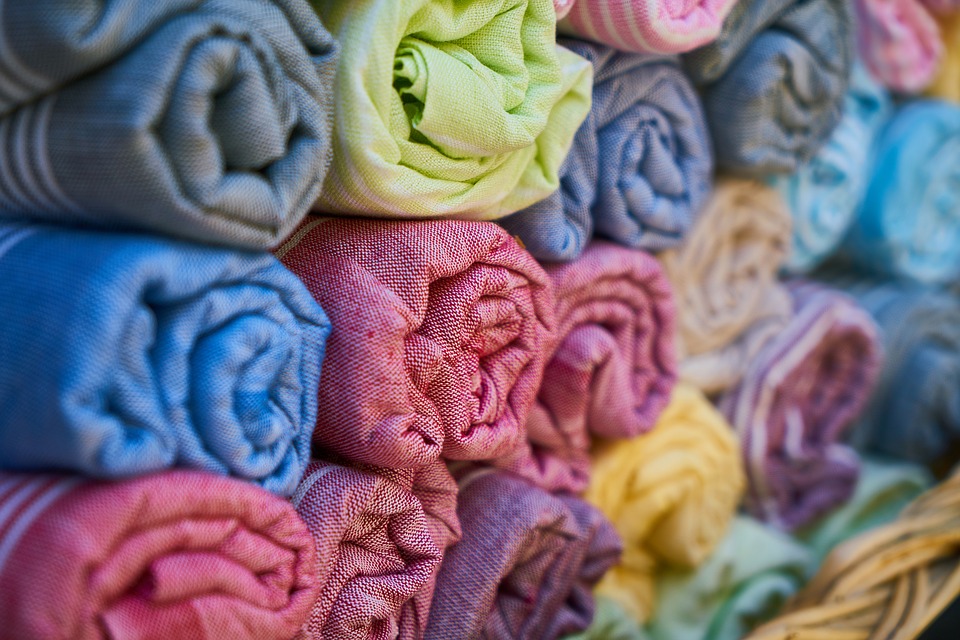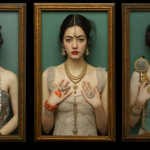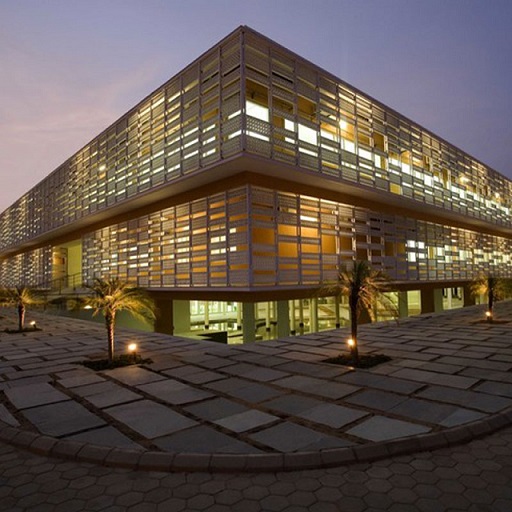Ask a fashion designer, “What are the essential elements that concern fashion designing?” Choosing the right fabric will undoubtedly be on their list. The fabric is what gives life to a garment. Just like a canvas that allows a painter to pour out his abstract ideas, a piece of cloth lets a designer to articulate his designs better – think patterns, colors, silhouettes and textures. It awakens the sense of touch because once you see a piece of fabric, the next thing you do is touch and feel it. Therefore, it is the responsibility of every fashion textile designer to make it worth their while.
Designing a cloth is an important part. The textile industry in India is always on the hunt of finding professionals who understand the intricacies. Though the requirements are diverse, and the sector is demanding and notoriously competitive, the opportunities are very lucrative. If you want to be a part of this industry, the quest must start from knowing your skills and harnessing them with a formal degree.
Skills you need to have a career in Fashion Textile sector
Though designing of cloth is an acquired talent, there is a set of skills that you must possess to sustain in this field. Few of them are:
· Creativity
· Ability to draw
· Having an eye for details like colours, textures and patterns
· Must be technically sound
· Keenness for fashion and textiles
· Understanding trends
· Being comfortable around people
· Must be eloquent
What will a degree or diploma in Fashion Textile teach you?
A diploma in Fashion Textile will not only polish your skills in traditional techniques like dying and manual printing but, will also give you knowledge about innovations and technologies like 3D printing and color changing fabrics.
It will be a pathway for you to explore, within a broad spectrum of fashion, with a global perspective. By pursuing a course, you will get exposure to Indian fabrics, their surface ornamentations and their role in the global industry. It will be beneficial for you if the institute has collaborations with domestic designers, artisans and stakeholders, which will lay a solid foundation for you. The programs will aim to provide a holistic approach to students about textile designing by examining trends, applying theories and familiarising with government policies.
How will you get experience?
Apart from learning the curriculum, you must also hone your practical skills by working with professionals. It will help you to learn the intricacies of materials and techniques while carrying out visual research and generating original ideas.
Doing an internship under a reputed label or an experienced professional will not only help you polish your skills but, will also give you industry exposure. You will even get multiple occasions to meet and network with people having similar interests and passion.
Internships are an excellent opportunity for amateurs to acquire knowledge and become methodical. If fortunate, you might even get an actual job offer towards the end of a successful internship.
The journey after…
Once you get a break in the industry, you must not wane your dedication. You may choose to follow a portfolio career, combining several jobs such as design practice together with teaching, community arts work or curating.
Know more about our Fashion Design course here.












